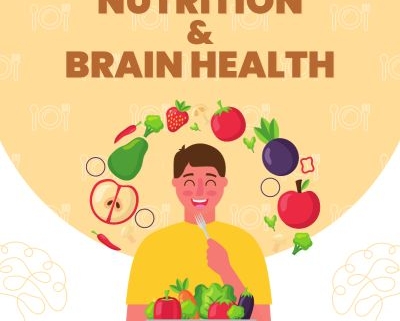Homeschooling offers an incredible opportunity to connect learning with everyday life. One of the most practical (and enjoyable) subjects to weave into your curriculum is nutrition and cooking. Not only does this teach essential life skills, but it also opens the door to lessons in science, math, and even gardening. Learn more about how you can incorporate nutrition and cooking into your homeschool curriculum.
Why Teach Nutrition and Cooking in Homeschool?
Nutrition and cooking bring abstract academic concepts to life. Instead of memorizing facts, children experience hands-on learning that is practical and fun. From understanding food groups to learning where ingredients come from, cooking becomes a real-world classroom.
Core Components of a Homeschool Cooking Curriculum
1. Meal Planning
Have students create a weekly menu, focusing on balanced meals that include all major food groups. Budgeting for meals also teaches addition, subtraction, and multiplication. Students can compare costs of different brands or calculate price per serving.
2. Grocery Shopping
Take children shopping and have them locate ingredients. Encourage them to compare labels, look for healthier options, and consider food sources (like local vs. imported, organic vs. nonorganic). You can also discuss things like marketing strategies in the food industry, food packaging, and the importance of reading nutrition labels.
3. Preparing Meals Together
Cooking as a family builds confidence and independence. Assign age-appropriate tasks, such as chopping vegetables, measuring flour, or stirring sauces. Preparing meals also teaches cooperation and responsibility while making the process fun and rewarding.
Integrating Nutrition Into Science
Cooking naturally ties into multiple science topics:
- Digestive System: Use meals as a gateway to explore how food fuels the body. For example, discuss how carbohydrates break down into energy or how fiber supports digestion.
- Biology: Teaching about macronutrients and micronutrients introduces biology concepts like enzymes, metabolism, and cell function.
- Chemistry: Baking is science in action. Talk about how yeast makes bread rise or why eggs bind ingredients together.
Gardening as a Living Classroom
Encouraging students to grow their own food is another way to expand nutrition lessons. A simple herb garden on a windowsill can be a great place to start.
If your student is old enough, or has advanced beyond the kitchen herb garden, growing vegetables outdoors is a great next step. The process teaches patience, responsibility, and biology. Students can observe the effects of photosynthesis, monitor soil health, and learn about ecosystems.
Harvesting herbs or vegetables and then cooking with them helps students understand food cycles and sustainability.
Other Curriculum Ideas
- Keep a Food Journal: Students can track meals, nutrients, and how different foods make them feel.
- Explore Foods From Different Cultures: Try recipes from around the world to combine cooking with geography, history, and cultural studies.
Learn More About Homeschooling
Nutrition and cooking classes can teach responsibility, science, creativity, and practical skills, all while bringing families together around the table. Whether it’s planting basil, budgeting for a week’s groceries, or learning why proteins matter, the homeschool kitchen can be one of the richest classrooms of all.
If you’re interested in learning more about homeschooling, call us at (626) 227-1149 or submit a contact form on our website.



